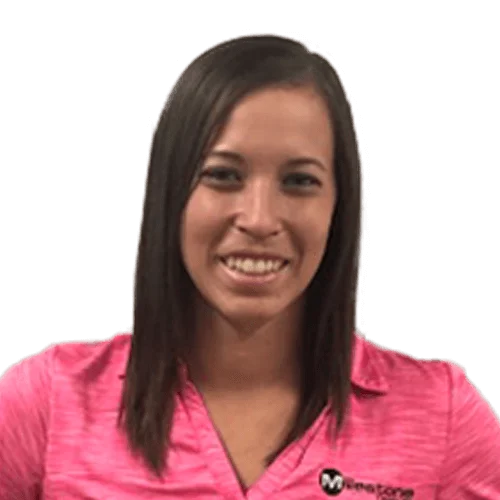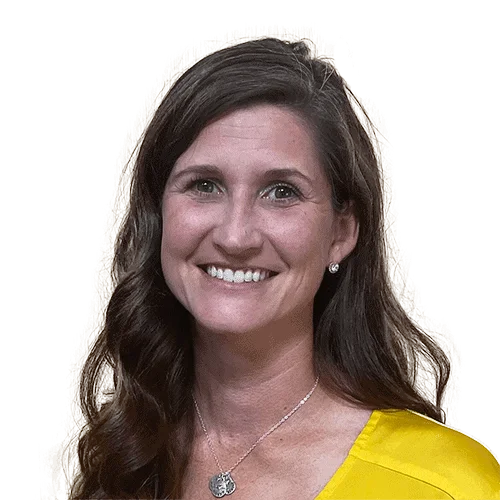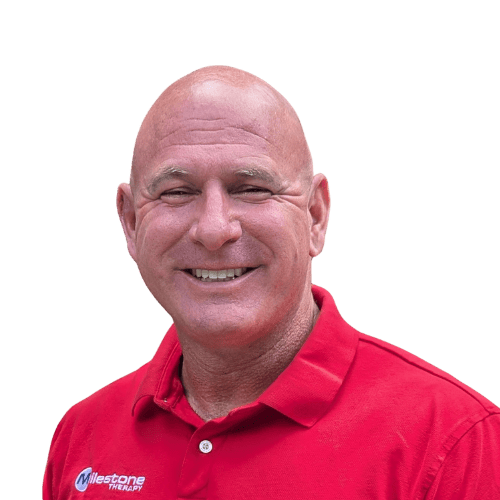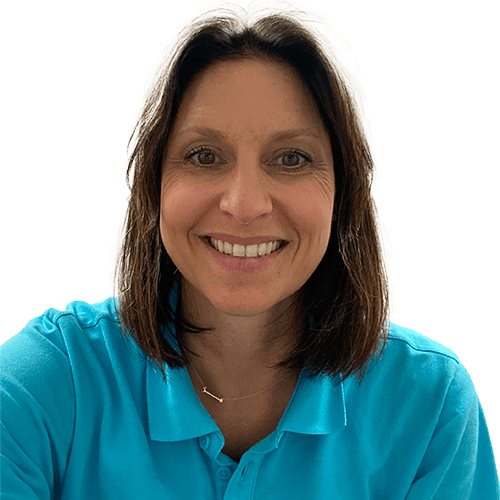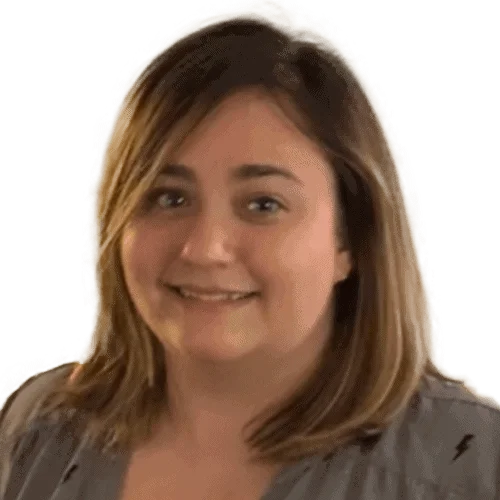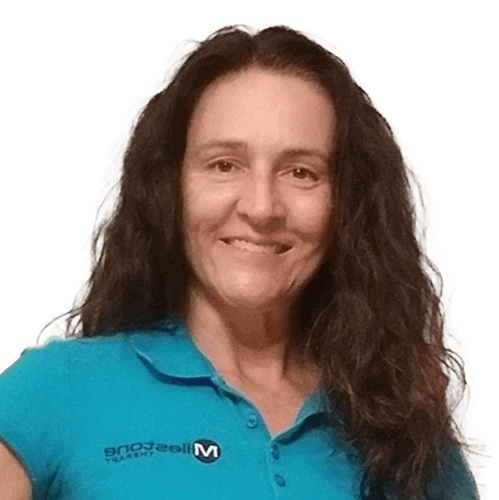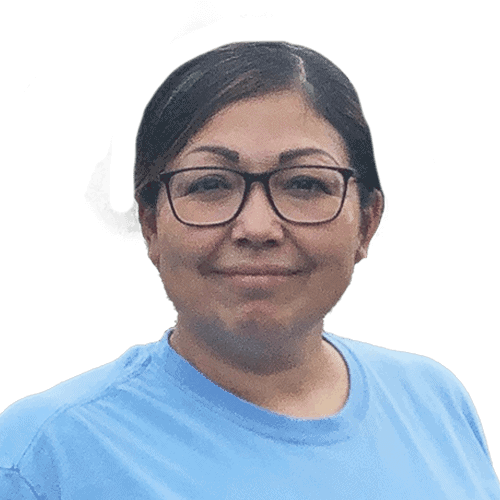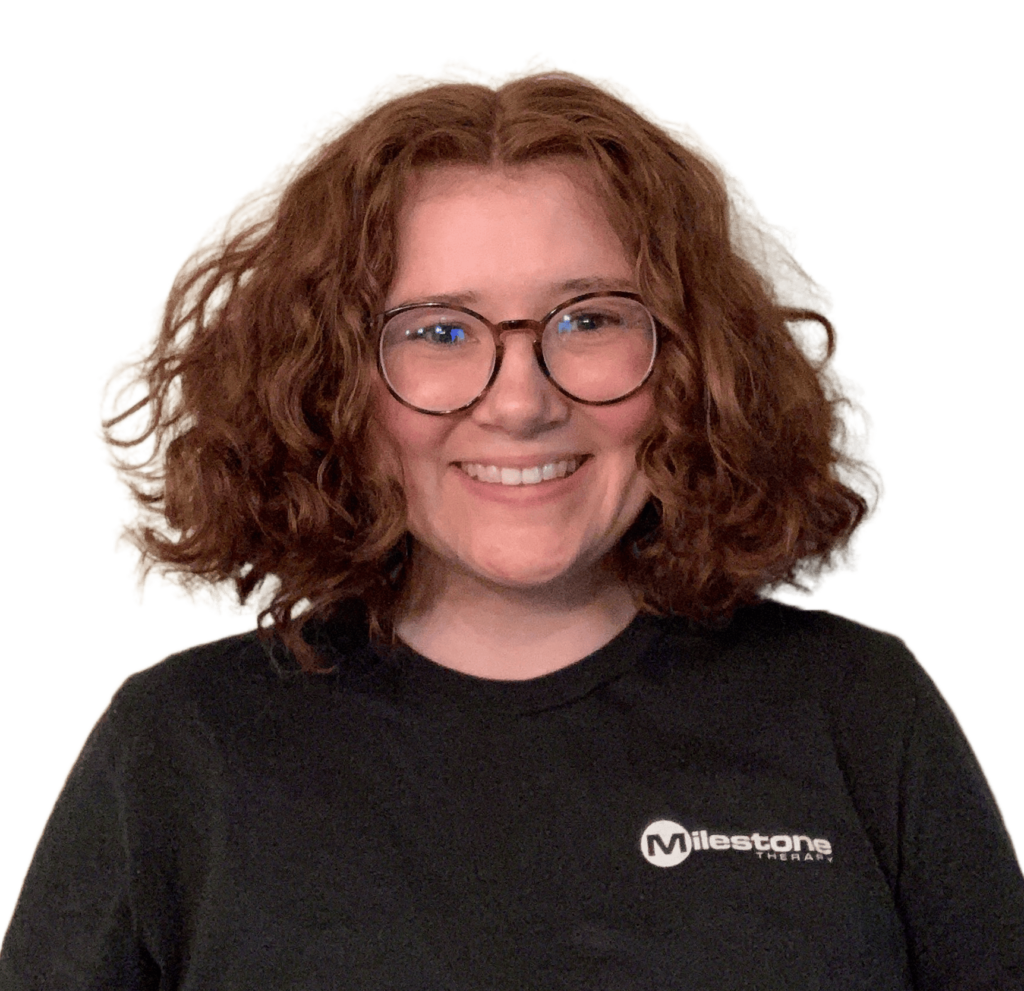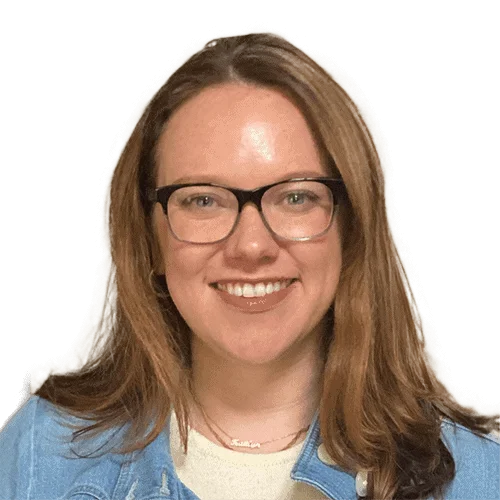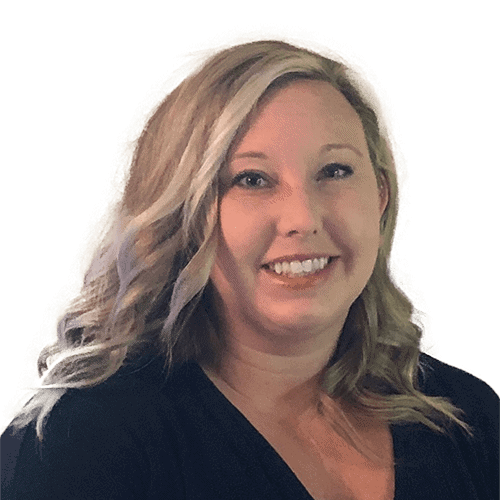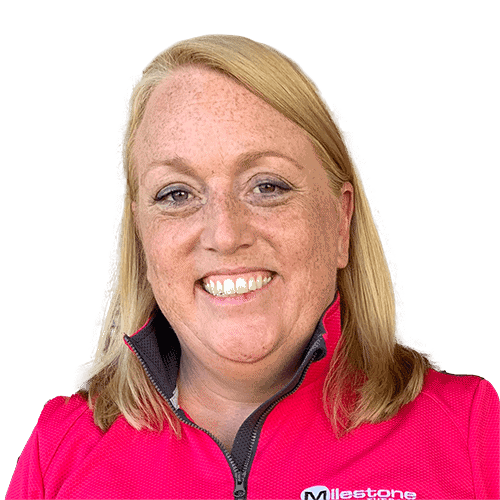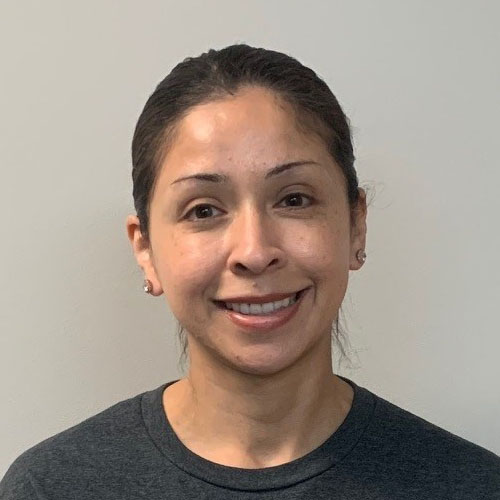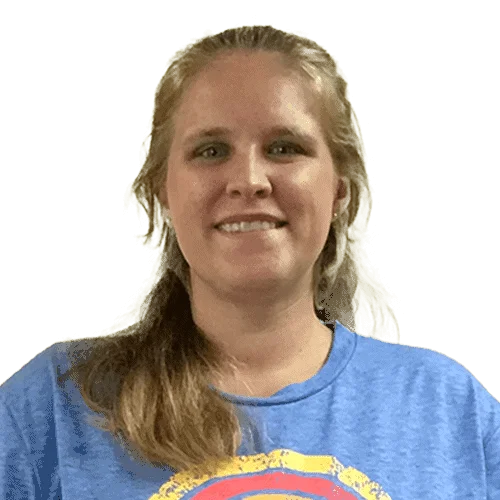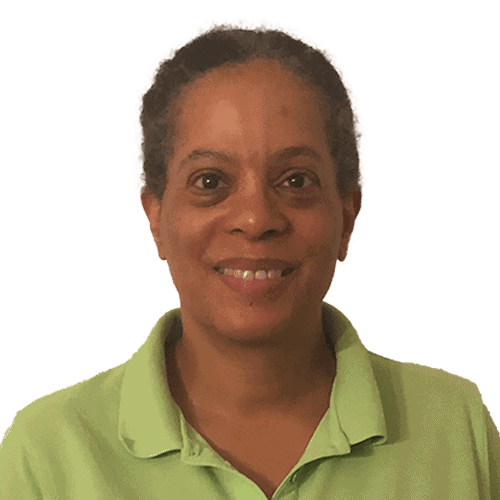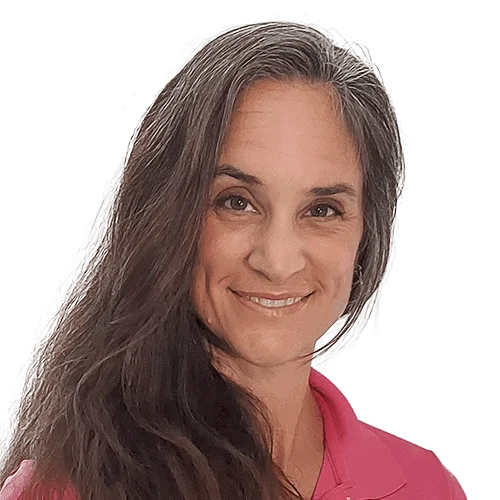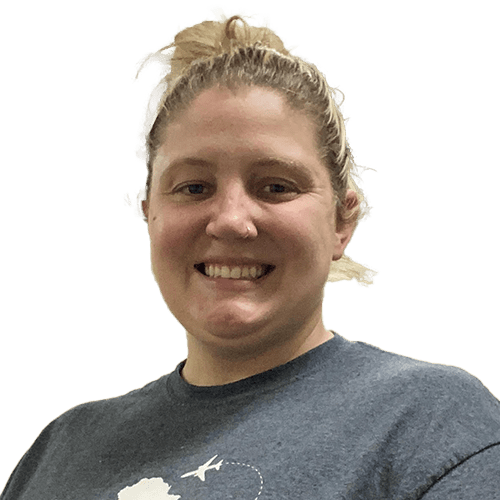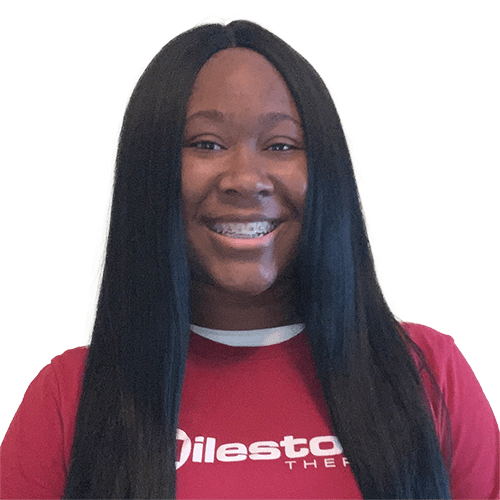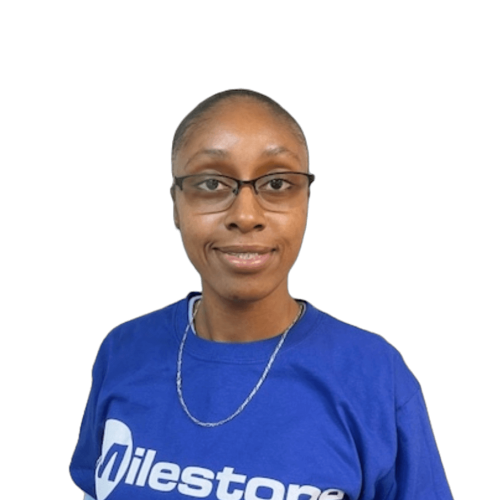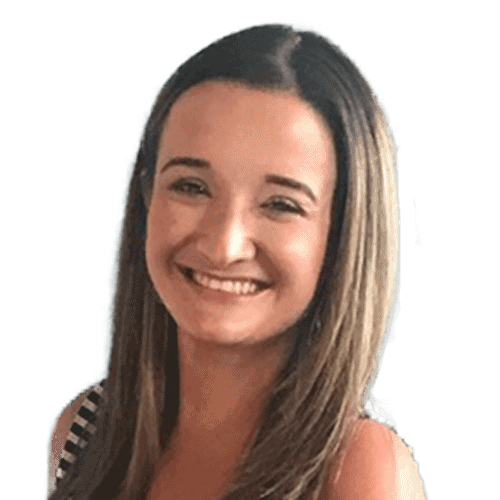Pediatric Therapy Services
Physical Therapy
Sitting, crawling, walking, running, throwing, catching, kicking, balancing, and playing games… you know, the big motor skills stuff.
Occupational Therapy
Sensory diets and strategies, buttoning shirts, zipping zippers, tying shoes, holding crayons, writing what they see… you know, the important fine motor stuff and sensory regulation.
Speech Therapy
Articulating sounds and words appropriately, recognizing sounds and words spoken by others, feeding and swallowing… you know, the things that have to do with talking, listening, and eating.
ABA Therapy
Reinforcement of appropriate behaviors, and redirection when your child expresses those you don’t want to see anymore… you know, these are the specialists who change behavior.
Developmental Therapy
Simply put, the glue that helps integrate all of the above together and drives the programming home for families to easily digest.
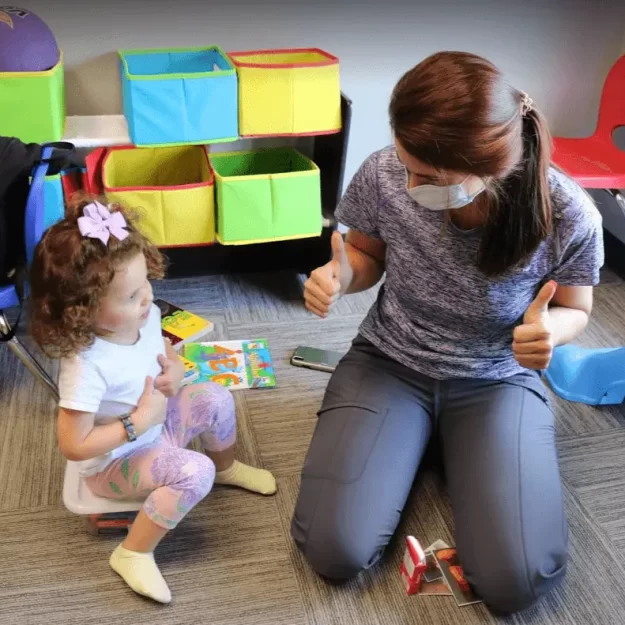
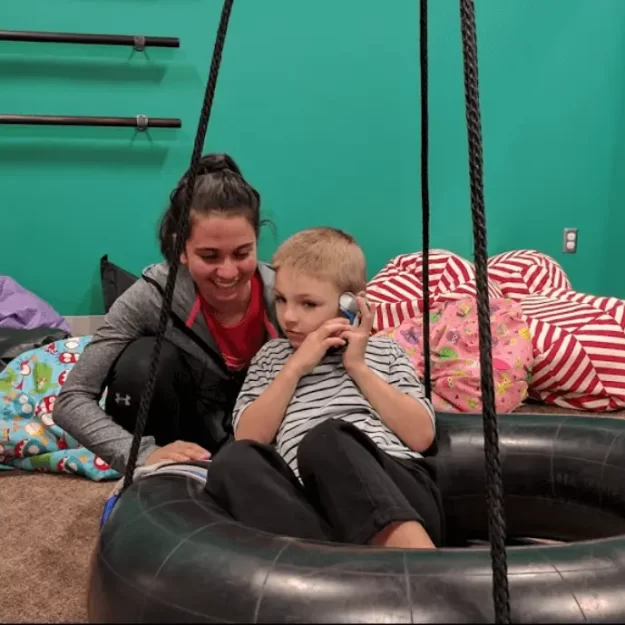
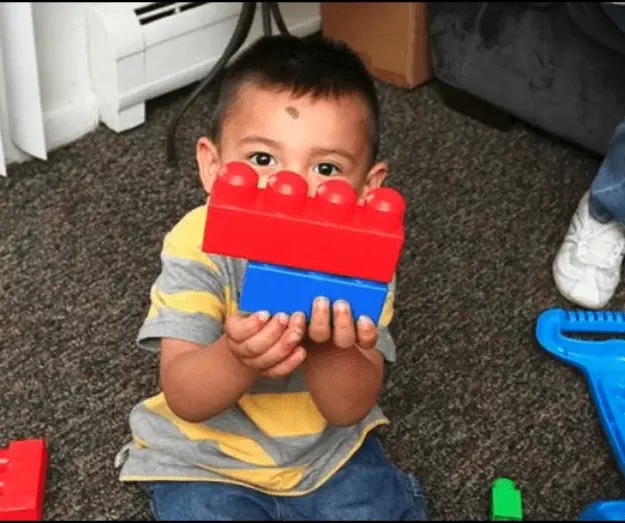
Our Approach to Pediatric Therapy
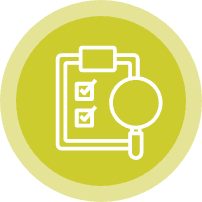
Assess/Evaluate
We start by assessing areas where your child is having difficulty. Your child’s therapy specialist will perform an evaluation and discuss their findings with you.

Plan
Your child’s therapist will develop a treatment plan with you that includes engaging activities to do at home. This plan also integrates GAS goals, episodic care, and family education.

Educate
Your role as a caregiver & compliance with your child’s home program are extremely important for success. Education is an essential part of our approach.
Keeping It Fun
Pediatric Therapy services are sometimes challenging. They require effort from your child. We believe in making therapy as enjoyable as possible.
Before finalizing your Pediatric Therapy program, we learn about your child’s interests to discover what motivates them. Games and activities that keep them engaged have been shown to increase cooperation and making therapy easier—on you and your child.
Your child has unique needs. We want to create a program that suits them exactly. To do this, we:
- Attentively assess and evaluate your child’s needs
- Keep communication open and direct
- Set goals specific to your child that are inclusive of your family goals
- Design a program to make those goals attainable
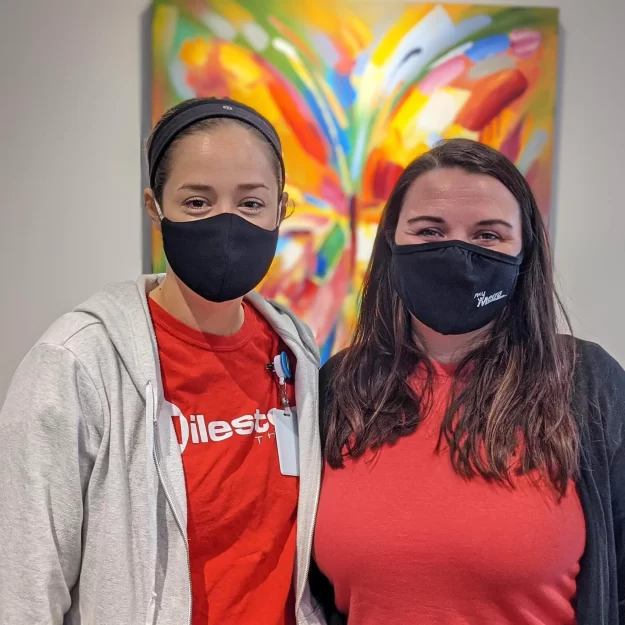
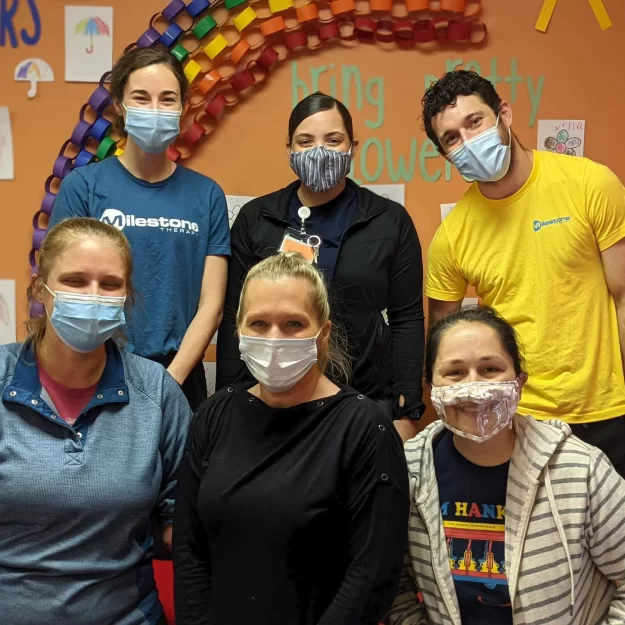
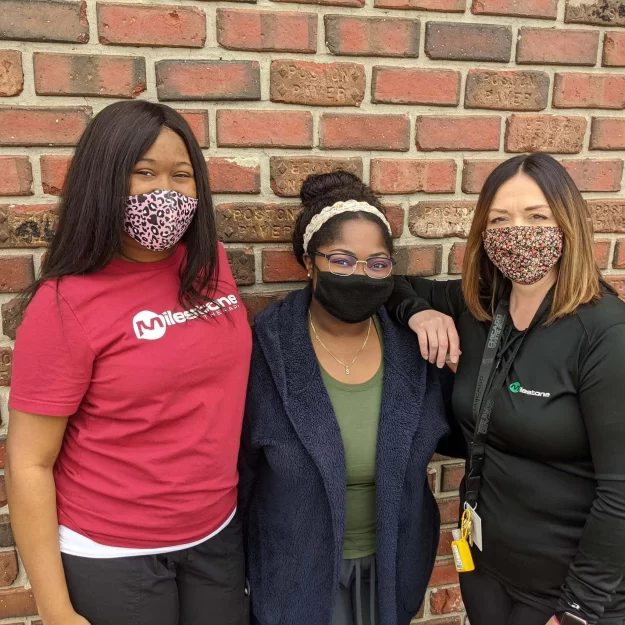

Episodic Care
At Milestone, we use episodic care when creating treatment plans for your kids. This means we create a specific timeframe (e.g. 3, 6, 9, 12 months) to structure your child’s GAS goals around, forcing everyone on the caregiving team to focus on treatment in the areas needed.
Our goal is to induce positive change in a timely fashion. That’s why you come to us. Not to have us do the same thing everyone else did before us and hope for a different result.
And when we reach the end of our episode – we re-evaluate. Are we ready to graduate? Or are there other deficits we need to address? From there we move forward in lockstep with our families, knowing that we’re all accountable for your child’s progress.

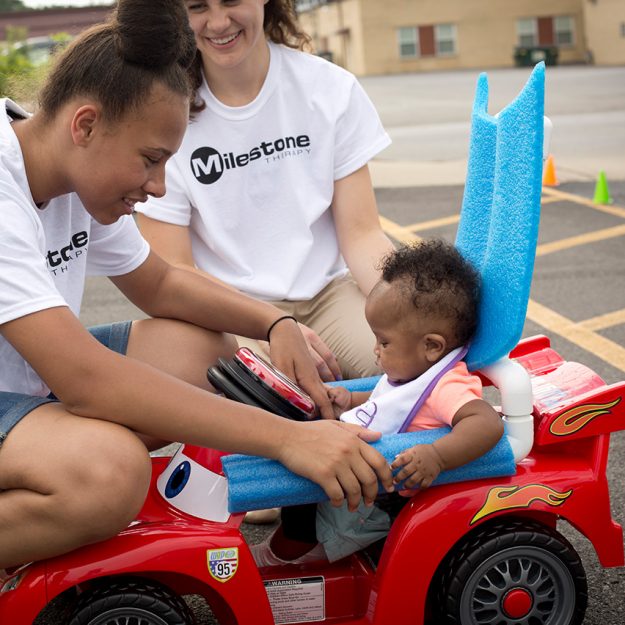

GAS Rating Scale
We use the GAS Goal concept (Goal Attainment Scale) at Milestone to create specific, measurable, and functional goals for your child.
GAS goals, built in layman’s terms, allow us to easily evaluate change over time and quickly allow us to see what is and is not working with ongoing treatment plans so changes can be made in a timely fashion. Developed with family input, this system will ultimately help all to stay focused on things that allow your child to gain independence and participate in family routines.
Home Programming
As with all our disciplines, it is imperative to have the commitment and support of the family throughout the therapy process, which is why home programming is a staple of any successful outcome at Milestone Therapy Services. This home programming will educate and reinforce specific skills and behaviors, which will be used to improve and facilitate the child’s performance and long-term functioning.
Contact Milestone Therapy If Your Child…
Is not walking by 12 months
Seems extra “clumsy” or falls a lot
Makes limited or no eye contact
Does not react to games like peek-a-boo
Is not using different grips with different objects
Struggles with handwriting and scissors
Does not roll or sit independently
Is having trouble with stairs
Uses one catch-all sound or syllable to name most things
Talks using mostly vowels or single words only – no sentences
“Echoes” a known word when answering your question
Is omitting whole consonants, saying “a” for “cat”
Has muscles that seem extra “rigid” or “floppy” when moving
Is overly sensitive to sounds such as vacuums or hair dryers
Doesn’t like touching different textures, pulls at clothes
Does not play with others, rather plays around them










